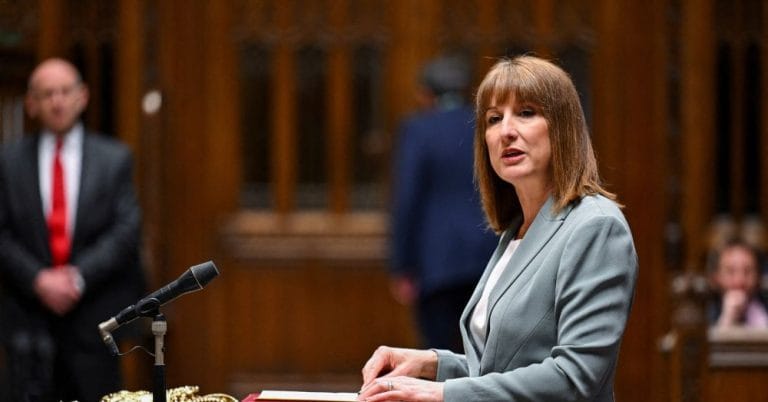🎧 Listen to This Article
In his final column as Director of the Institute for Fiscal Studies (IFS), Paul Johnson delivered a sharp critique of the growing “economic fantasies” within the UK political debate, warning that many policymakers are failing to grasp fiscal realities.
Johnson, who will soon join The Queen’s College, Oxford, lamented the lack of seriousness displayed by politicians on both sides of the aisle regarding the UK’s strained public finances. Reflecting on the recent government U-turn on disability benefit reform, he noted that politicians offered either naïve or cynical solutions to plug fiscal gaps—solutions that reveal either ignorance or disregard for the true state of the UK’s finances.
Unrealistic Proposals From Both Sides
During a recent Radio 4 program, a Labour MP suggested relaxing fiscal rules to accommodate additional spending, seemingly overlooking the sharp increase in government borrowing costs following signals of fiscal instability.
“Our borrowing costs are already higher than nearly all comparable nations,” Johnson said. “They exceed Germany’s by two percentage points and are even higher than Italy’s and Greece’s.”
Johnson noted that the UK’s borrowing and debt levels are already high, with loose fiscal rules barely containing them. “The answer is not more borrowing, but making hard choices.”
He dismissed another proposal from the same MP to raise fuel duties by “a penny or two,” noting that such minor adjustments would generate a trivial £500 million—insufficient to address fiscal shortfalls. Furthermore, fuel duty revenues are already assumed to rise with inflation in official forecasts.
Political Evasion on Welfare Reform
A Conservative MP’s alternative proposal—cutting taxes and reducing welfare spending on “those who can work but don’t”—also drew Johnson’s criticism. He argued that such suggestions ignore the fact that most welfare spending supports the disabled and those with health conditions, not the unemployed.
“If you want to cut working-age welfare, you have to look at disability and incapacity benefits—those are the only components growing as a share of GDP,” he said. “Pretending otherwise isn’t serious.”
Johnson stressed that many political figures consistently dodge real fiscal choices, instead promoting simplistic slogans like “tax the rich,” “cut waste,” or “relax fiscal rules.” He warned that this lack of seriousness risks undermining market confidence.
“In this climate, it’s not surprising that markets react nervously to any sign the Chancellor or her fiscal rules might be weakened,” he said, adding that the Treasury now appears to be “the last bulwark against chaos.”
Johnson concluded by cautioning that further tax rises may be unavoidable in the autumn and urged the government to pair any such measures with a clear fiscal narrative and bold leadership against populist fiscal policies—even from within its own ranks.
For further details, clarification, contributions, or any concerns regarding this article, please get in touch with us at editorial@tax.news. We value your feedback and are committed to providing accurate and timely information. Please note that our privacy policy will handle all inquiries.



